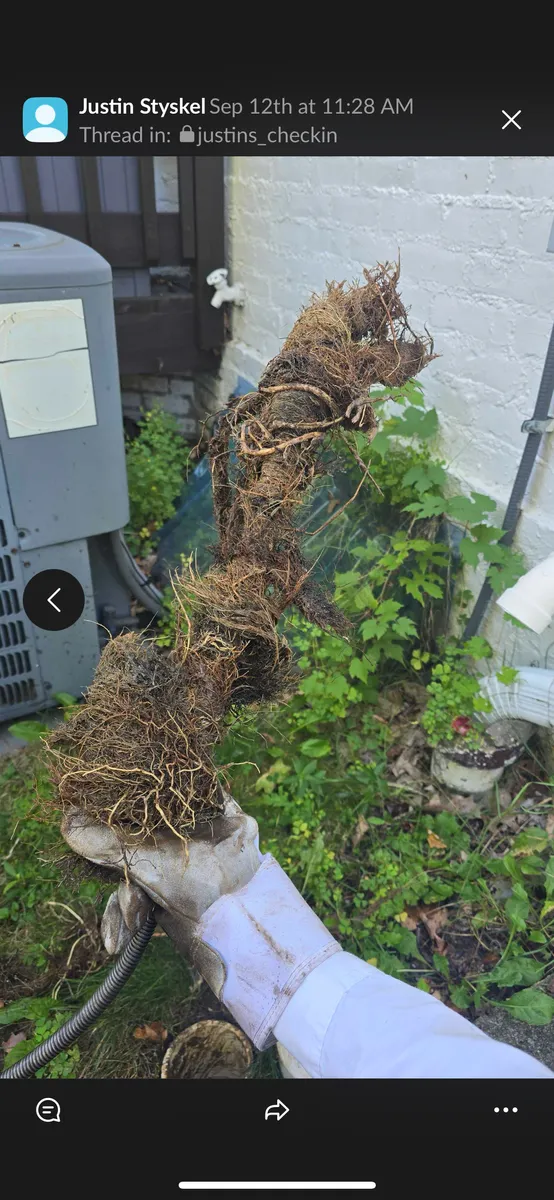
Essential Plumbing Maintenance Tips for Every Homeowner Oct 23, 2025
Regular inspections are the first step towards effective plumbing maintenance. By frequently checking for leaks under sinks, around toilets, and near water heaters, you can catch small issues before they become significant problems. Leaks not only waste water but can also lead to mold growth and structural damage. If you notice any signs of moisture or discoloration, it's crucial to address them immediately. Tightening fixtures or replacing washers can often rectify these problems.
Clogged drains are another common plumbing issue. Household drains can become blocked by hair, soap scum, grease, and food particles. To prevent this, make a habit of cleaning your drains regularly. Using a drain guard can help keep debris from going down the sink or shower, and running hot water after use can help clear any remaining residue. For a more thorough clean, a mixture of vinegar and baking soda is a natural and effective solution. Simply pour the mix down the drain, let it fizz for a few minutes, and follow with hot water.
Water heater maintenance is also pivotal to your plumbing health. Sediment buildup in your water heater can decrease its efficiency and shorten its lifespan. To maintain your water heater, it's advisable to flush it annually. This process involves draining the heater to remove sediment deposits and can significantly improve its performance. It's essential to consult your water heater manual for specific instructions or contact a professional if you're unsure.
Checking water pressure is another simple yet effective maintenance step. High water pressure can cause significant wear and tear on pipes and fixtures, potentially leading to leaks. Investing in a water pressure gauge to regularly check domestic water pressure can help in keeping it at a safe level, typically between 40 and 60 PSI. If the pressure is too high, installing a pressure reducing valve could be necessary.
Additionally, ensure that outdoor plumbing is not neglected. Garden hoses, outdoor faucets, and sprinkler systems can suffer from wear and tear, particularly during colder months. As temperatures drop, it's advisable to disconnect hoses and winterize outdoor faucets to prevent freezing and bursting. Insulating pipes in exposed areas can also help protect against cold weather damage.
Understanding your water system layout is vital for any home plumbing maintenance. Know where your main water shut-off valve is located. In the event of a major leak, turning off the main valve can prevent extensive water damage in your home.
In conclusion, consistent plumbing maintenance can significantly reduce the risk of unexpected repairs and prolong the life of your home’s plumbing system. By following these tips, you can ensure that your plumbing remains in good condition. However, if you encounter any complex issues or need professional assistance, do not hesitate to contact The Drain Force. Our team of skilled plumbers is always ready to provide expert help and ensure your plumbing system operates smoothly. Maintaining a proactive approach can save you time, money, and unnecessary stress in the long run.
/filters:no_upscale()/filters:format(webp)/media/6fbd684f-4092-4956-9971-712669aa3e74.png)